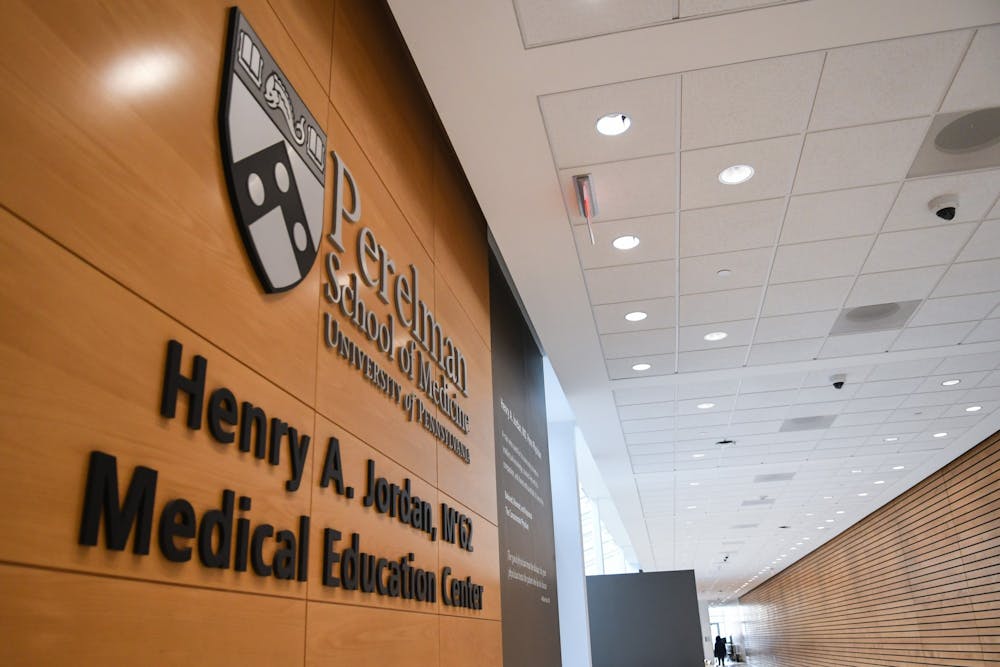A nearly $8 million grant from the National Institutes of Health will fund the Penn Achilles Tendinopathy Center of Research Translation to discover new remedies for Achilles tendon injuries.
Through the five-year grant, faculty in the Perelman School of Medicine will launch the center focused on discovering less intense options for treating tendon injuries and preventing them from occurring in the first place.
While Achilles tendon injuries are relatively common, there are currently few remedies except intensive physical therapy and surgeries, according to a press release.
“Despite the high frequency and increasing prevalence of tendon injuries in young and adult patients, effective treatment methods have stagnated over the last two decades,” Louis Soslowsky, Fairhill Professor of Orthopaedic Surgery and the founding director of PAT-CORT, said.
Robert Mauck, Ralston Professor of Orthopaedic Surgery, and Casey Humbyrd, professor of orthopaedic surgery and medical ethics and health policy, will join Soslowsky in leading the new center.
Soslowsky hopes that his team can make discoveries about how and why the Achilles tendon breaks down, thereby helping patients seek alternative treatments.
"Our goal is to develop new insight and technologies that uncover the mechanobiologic basis of Achilles injuries across many environments, ranging from the nucleus, to the cell, to the tissue microenvironment, and, finally, to patients as a whole," Soslowsky said.
In 2021, the NIH gave the Directors Award to seven Penn Medicine professors whose work focused on biomedical science applications.
RELATED:
Nearly 1,000 Penn Medicine residents and fellows begin unionization effort
Penn researchers behind mRNA vaccine inducted into National Inventors Hall of Fame
With this newest grant, faculty associated with PAT-CORT hope to engage in a number of different projects.
One project will focus how cells in tendons operate through chromatin. Another project will focus on the transfer of protein information that gives cells their shape.
“Ultimately, this work will better define the mechanisms of action of current rehabilitative regimes and provide new insight to guide small molecule and biologic treatments that improve the efficacy of Achilles tendinopathy treatment,” Soslowsky said.









